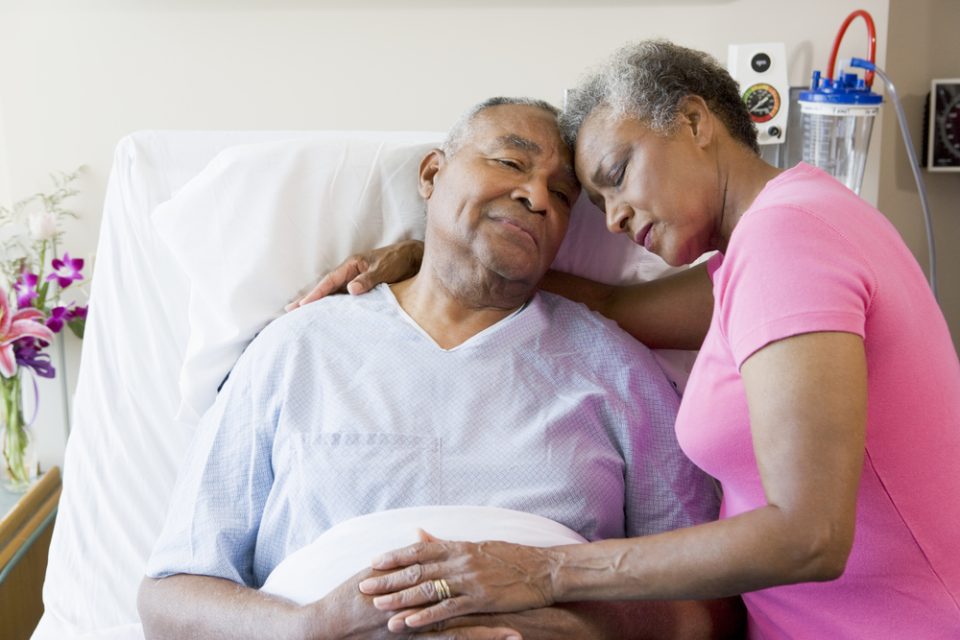
Prostate cancer is one of the most common forms of cancer among men, but advancements in medical science have made it more treatable than ever before. Prostate cancer surgery is a crucial step in the journey towards recovery. While the surgery itself can be a significant relief, it’s essential to understand what might happen in the days, weeks, and months following the procedure. Here are five things that might happen after prostate cancer surgery to help you or your loved one prepare for the road to recovery.
Temporary Side Effects
Prostate cancer surgery, whether it’s a radical prostatectomy or a minimally invasive procedure, can have temporary side effects that are part of the healing process. It’s crucial to be aware of these potential effects so you don’t become overly concerned during your recovery.
- Urinary Incontinence: One of the most common side effects after prostate surgery is urinary incontinence. This means you might experience leakage or have difficulty controlling your bladder. However, this is typically temporary and tends to improve with time and pelvic floor exercises. Your healthcare team will provide guidance on managing this issue, and in most cases, it gradually resolves.
- Erectile Dysfunction (ED): Another significant concern for men after prostate cancer surgery is the potential for erectile dysfunction. The extent of this side effect varies depending on the surgical technique used and the individual. However, many men experience improvement in their erectile function over time. Treatments such as medications, vacuum erection devices, or penile implants can help in cases where ED persists.
- Bowel Changes: Some individuals may experience temporary bowel changes, such as diarrhea or loose stools, following prostate surgery. This can be a result of changes in the digestive system’s proximity to the surgical area.
Surgical Site Recovery
Recovery from prostate cancer surgery involves caring for the surgical site to prevent infection and promote healing. Your healthcare team will provide detailed instructions, but here are some general aspects to consider:
- Incision Care: If your surgery involves an open incision, you’ll need to keep the area clean and dry, following your healthcare provider’s recommendations for wound care. Pay close attention to any signs of infection, such as redness, swelling, or discharge.
- Catheter Management: In many cases, a urinary catheter will be inserted during surgery to help drain urine while the bladder heals. Your healthcare team will guide you on how to care for the catheter and when it will be removed.
- Activity Levels: While it’s essential to rest and allow your body to heal, your healthcare provider will also encourage gentle movement and walking to prevent blood clots and promote circulation. Follow their guidance on gradually increasing your activity levels.
Follow-Up Appointments
After prostate cancer surgery, you’ll have a series of follow-up appointments with your healthcare team. These appointments are crucial for monitoring your progress and addressing any concerns. During these visits, your healthcare provider may:
- Monitor PSA Levels: Prostate-specific antigen (PSA) levels in your blood will be monitored to check for any signs of cancer recurrence. A rising PSA level might indicate the need for further treatment or evaluation.
- Discuss Continence and Sexual Function: Your healthcare provider will assess your urinary function and discuss strategies to improve continence and address erectile function concerns.
- Evaluate Surgical Site Healing: The surgical site will be examined to ensure proper healing, and any issues or complications will be addressed promptly.
Emotional and Psychological Support
Dealing with prostate cancer and the journey through surgery can be emotionally challenging. Many men experience a range of emotions, including anxiety, depression, and fear. It’s essential to seek emotional and psychological support during this time. Consider joining a support group, talking to a therapist, or confiding in friends and family who can provide a listening ear.
Lifestyle Adjustments
Life after prostate cancer surgery often involves making lifestyle adjustments to support your overall health and well-being. Here are a few key aspects to consider:
- Diet and Nutrition: Maintain a balanced diet rich in fruits, vegetables, and whole grains. Adequate nutrition is crucial for healing and overall health.
- Exercise: Gradually incorporate regular exercise into your routine, as advised by your healthcare provider. Exercise can help with physical recovery and emotional well-being.
- Stress Management: Finding healthy ways to manage stress, such as meditation, relaxation techniques, or hobbies you enjoy, can positively impact your recovery.
Life after prostate cancer surgery is a journey that involves overcoming temporary side effects, focusing on surgical site recovery, attending follow-up appointments, seeking emotional support, and making lifestyle adjustments. While the road to recovery may have its challenges, with the right support and a positive outlook, many men go on to live fulfilling lives as prostate cancer survivors. It’s essential to maintain open communication with your healthcare team, as they are your allies in this journey toward better health and well-being.
This story was created using AI technology.














